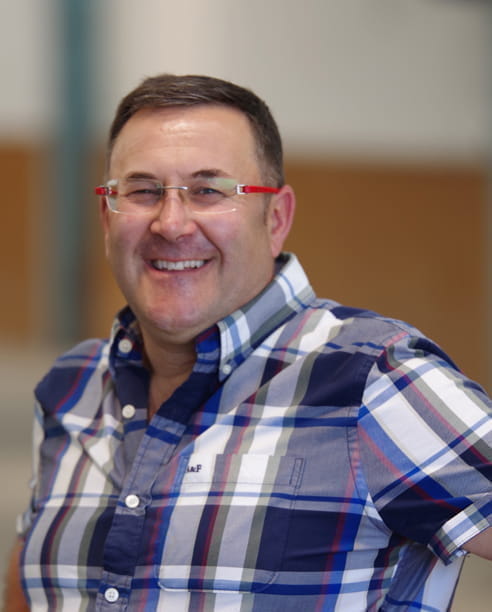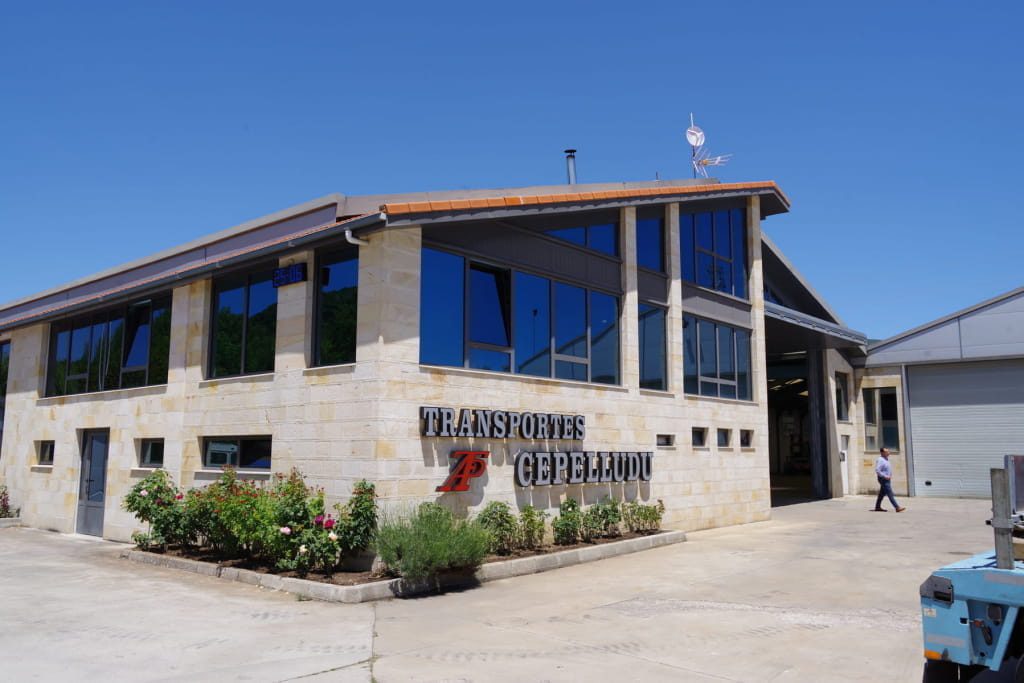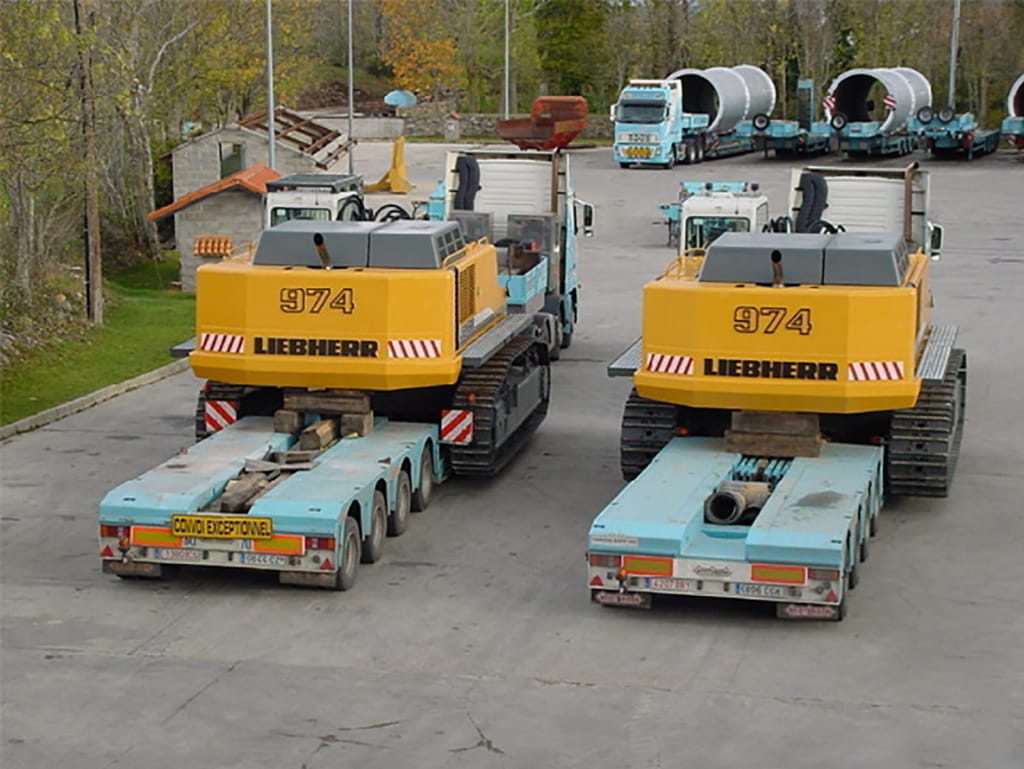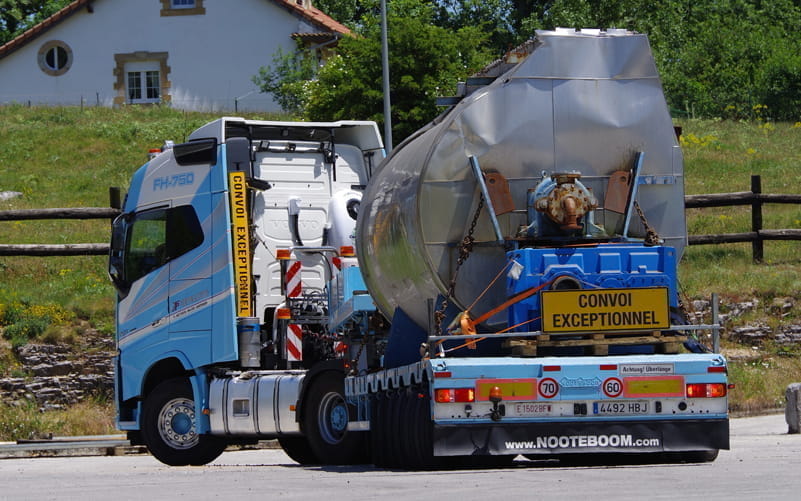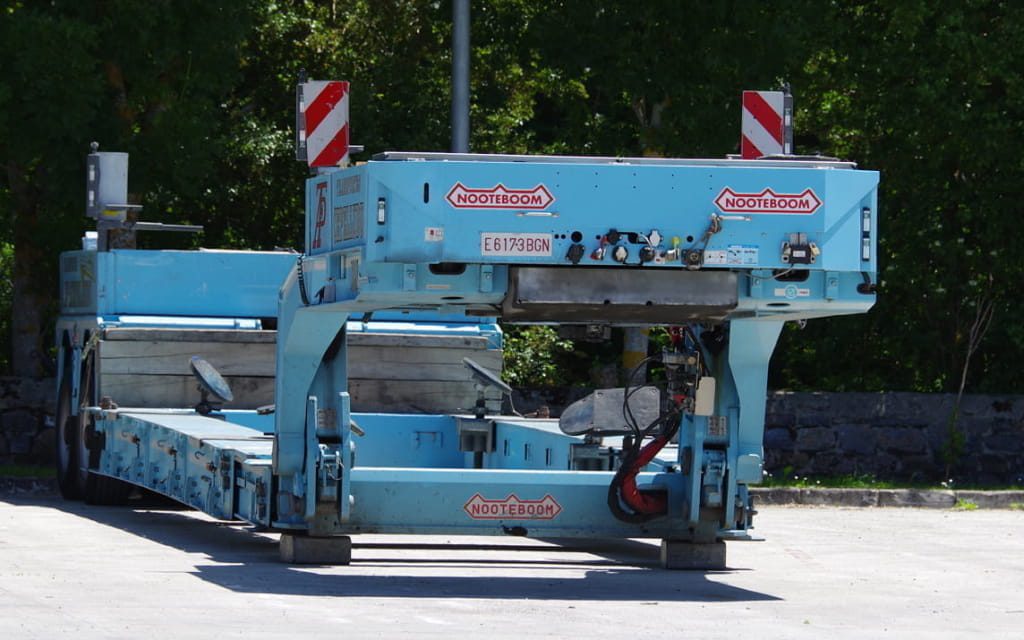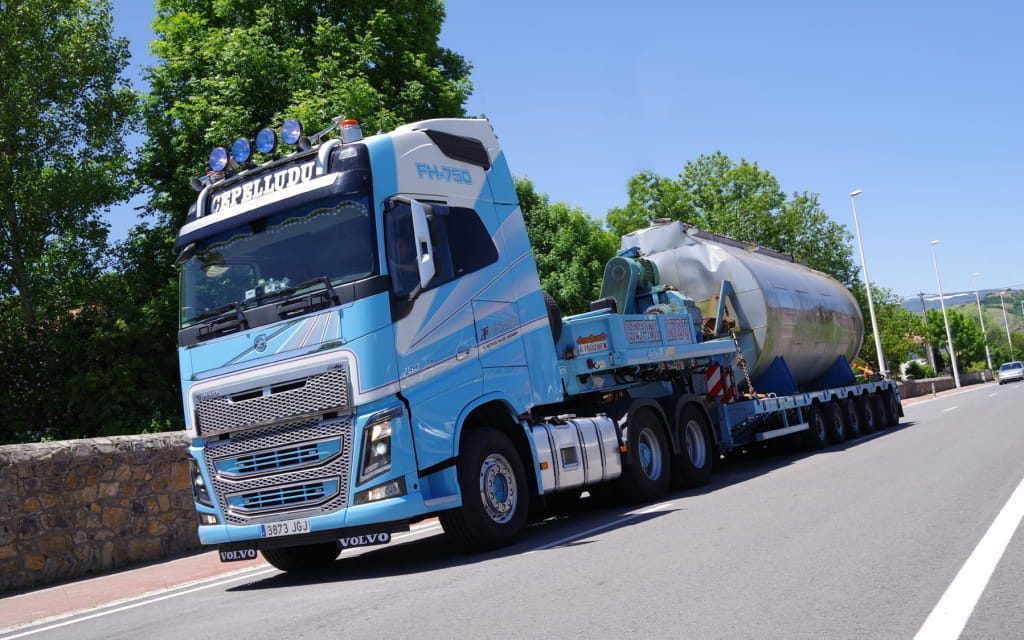Where does the name Cepelludo come from?
Angel: “To tell the story about the name Cepelludo we have to go back to the fifties. Everyone here in the mountains was poor and during the winter there was not much work apart from chopping wood in the forest. My father found it difficult – when he was still young – to get up in the morning. One time he overslept and had to rush after his gang on his bike to the forest. When he got there he was sweating profusely because from the Salces village to the top of the mountain there is a height difference of 500 metres. The name of that mountain is Cepelludo. From that day onwards the nickname of my father was ‘Cepelludo’. And has remained so. ”






